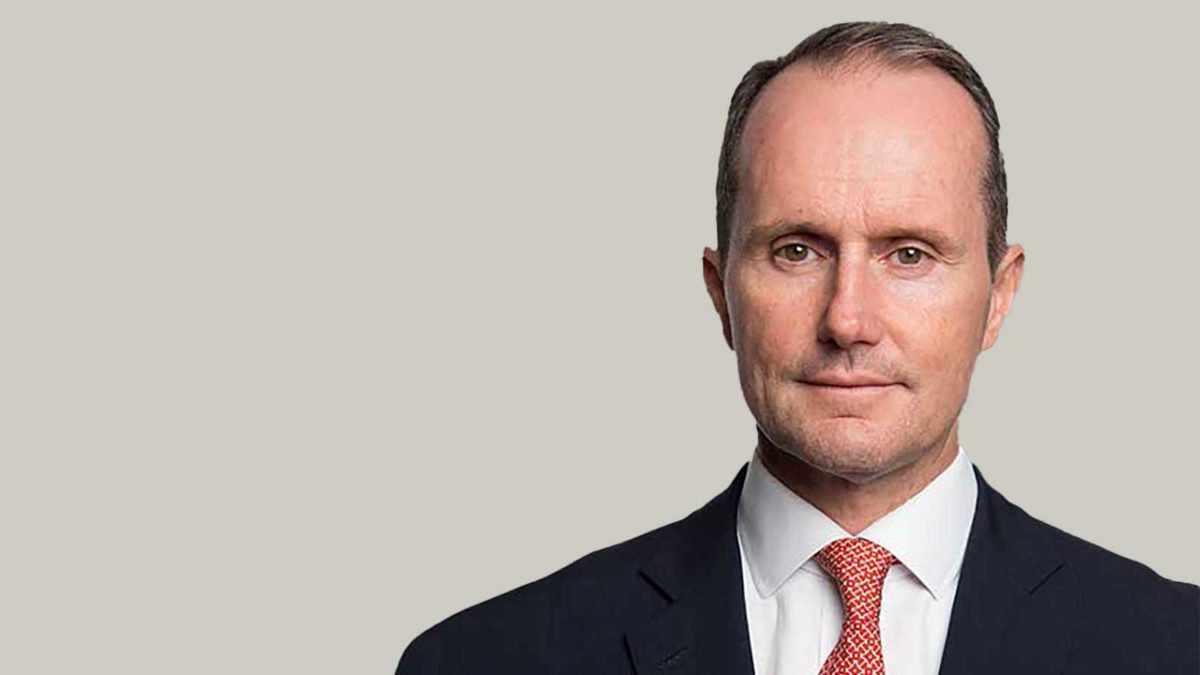Emerging markets forge their own green revolution
Emerging markets have languished for years despite their explosive economic growth. But the new inflationary epoch – and a burgeoning focus on ESG – might turn all that around.
Emerging markets can be a tough game. A decade of lackluster performance compared to their developed market counterparts has culminated in massive regulatory upheaval in China, the largest component in many emerging market indices, and the crippling economic impacts of Covid-19. But with a significant period of inflation now upon us, it might be their time to shine.
“We’re positive on emerging markets,” said Rob Mumford, investment manager at GAM. “I think the key overriding theme is that we’re entering into a higher inflation environment, and emerging markets have traditionally been a good place to be exposed for that… they offer optimal exposure for inflation hedge.”
The move to decarbonisation is driving restricted supply of materials useful in both technology and manufacturing. Areas like Taiwan and China command massive pricing power because they’re the source of components and raw materials that will be vital to the wave of digitalization sweeping the globe. Countries that produce “soft commodities” – like palm oil – will also benefit from global agricultural restrictions.
“When you talk about a country, there’s massive divergence within that country in terms of what’s performed well and what hasn’t,” Mumford said. “What we see in EM now is anywhere connected to developed world industrial production – North Asia, Taiwan, Korea – has performed extremely well.”
China has also gone through its policy normalization cycle ahead of regions like North America and Europe, while its aggressive regulatory efforts have brought emerging markets in aggregate “down to very interesting valuations.”
“EM sits at a PE of 12x, which basically means an earnings yield of 8 per cent. It’s got a dividend yield forecast for next year of over 3 per cent. And as we said at the outset, it’s probably a beneficiary of higher inflation,” Mumford said.
“As US rates normalize there might be some volatility in the currency, but we believe EM appeals to all types of investors. There’s still lots of growth and there’s plenty of value, particularly in areas like China. And you’ve got great real yields, whether you’re talking about the equity market or the currencies.”
But the notoriously pollutive EM countries, whose rapid industrialization has become a sore point during international climate efforts like COP26, makes them less attractive to investors for whom ESG is becoming a must have. ESG reporting broadly remains low – with areas like North Asia, Taiwan and Korea at the upper end of the scale and China at the lower end – but Mumford believes that’s also starting to change.
“What we’re seeing now is massive growth in (ESG reporting). If you looked at that one or two years ago, it was significantly less, and it’s encouraging. We’re really focused on the rate of change and encouraging that change,” Mumford said. “As a sustainable fund we do have exclusions but we see our key roles as being part of the transition and by engaging taking on the role of steward in that process.”
“We have been engaging with company management teams across many decades so feel we are well positioned to take on this role. We are not pointing fingers but rather, in the most constructive way possible, highlighting areas within ESG standards where we think progress can be made for the benefit of all .. there is already massive momentum.
The regions have strong ESG leadership – including in companies like Taiwan Semiconductor Company (TSMC) which controls a significant share of the world’s semiconductor chip supply – and an overwhelming desire to match the efforts of their developed market counterparts.
“For TSMC it’s not just about box-ticking across ESG. They talk a lot about innovations, and that’s also part of the solution,” Mumford said. “They want to be a management that’s admired – that’s how they describe their key management target. They’re focused on not just getting the data right but going beyond typical guidelines for standards.”











